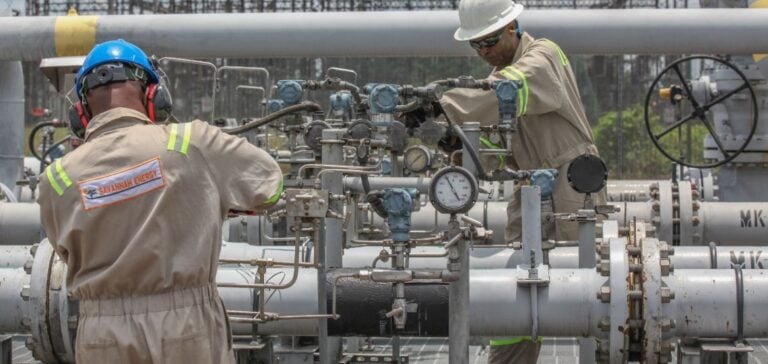After temporarily halting discussions regarding the acquisition of Petronas’ oil assets in South Sudan, Savannah Energy has resumed negotiations with a renewed strategic focus. These assets, which produced an average of 81,000 barrels per day (b/d) during the first ten months of 2024, are viewed as pivotal to the company’s energy ambitions.
On December 3, 2024, Savannah Energy announced its efforts to develop an “alternative transaction structure” in collaboration with various stakeholders, including Nilepet, the state-owned oil company of South Sudan. This strategy reflects a commitment to adapting to the complex realities of the sector and competing interests.
Wildcat Petroleum: A potential key partner
Among the stakeholders, Wildcat Petroleum could play a crucial role. The company signed a six-month collaboration agreement with Nilepet in September 2024, strengthening the likelihood of a multi-party transaction. While details remain unconfirmed, this partnership may facilitate the conclusion of negotiations.
Savannah Energy also indicated that a detailed update would be shared by mid-December or the end of the year, signaling potential progress. “We continue to believe that a transaction could be accretive for the company,” a company representative stated.
An ambitious growth strategy
Savannah Energy’s ongoing interest in these assets aligns with its long-term vision of expanding its oil and gas operations in Africa. The company sees these resources as critical to supporting its planned drilling campaign in Nigeria, where it intends to explore new development wells.
These projects exemplify a strategic drive to solidify its position in the energy sector, despite challenges posed by competition and local requirements.
By maintaining its efforts in South Sudan, Savannah Energy aims to fully leverage the potential of these oil assets while contributing to regional energy growth.





















